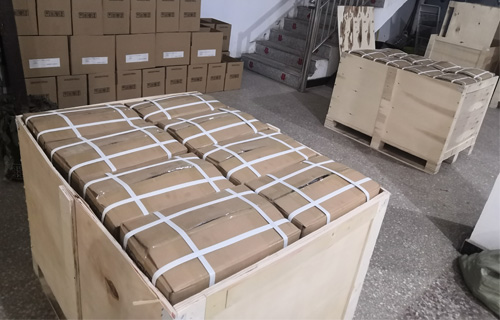
Sep . 11, 2024 17:31 Back to list
High-Quality Ball Mill White Metal Bearings for Optimal Performance
Understanding the Role of White Metal Bearings in Ball Mills
In the realm of industrial machinery, ball mills play a crucial role in the grinding and mixing of materials. These devices are integral in mining, cement, and other heavy industries, where they are used to pulverize ores, minerals, and raw materials into fine particles. One vital component that ensures the smooth operation and longevity of a ball mill is the bearing system, particularly white metal bearings.
Understanding the Role of White Metal Bearings in Ball Mills
First and foremost, white metal bearings can withstand significant loads. Ball mills operate under high pressures and can generate substantial heat during operation. The bearing material's ability to handle such conditions without deforming or failing is essential for the mill's performance and durability. The embedded microstructure of white metal alloys allows them to distribute loads evenly, thereby reducing stress on any single point.
ball mill white metal bearing

Additionally, the self-lubricating properties of white metal bearings significantly enhance their performance. When a ball mill operates, friction is inevitable; however, with appropriate lubrication, this friction can be minimized. White metal bearings form a thin layer of lubricant that reduces direct contact between moving parts, which not only minimizes wear but also lowers operating temperatures. This self-lubrication extends the lifecycle of both the bearings and the entire milling system.
Moreover, the machining capabilities of white metal allow for precise fitting and adjustments. This adaptability means that even when wear occurs, white metal bearings can be refurbished and re-used, offering a sustainable solution compared to other bearing types.
It is also important to consider that while white metal bearings are advantageous, they do require careful installation and regular maintenance. Operators must ensure that the bearing surfaces are properly aligned and that the lubrication system is functional. Neglecting these factors can lead to premature bearing failure and costly downtime for the ball mill.
In conclusion, white metal bearings are a cornerstone of ball mill functionality. Their load-bearing capability, self-lubrication properties, and flexibility in machining make them an ideal choice for harsh industrial environments. As industries continue to advance, the development and application of white metal bearings will play an essential role in enhancing the efficiency and reliability of ball mills, ensuring that they remain a pivotal component in various manufacturing processes.
Latest news
-
Grooved Ball Bearing Design and Functionality
NewsJun.04,2025
-
Concrete Mixer Bearing Load Capacity Testing
NewsJun.04,2025
-
6004 Bearing Dimensions in Robotic Joint Designs
NewsJun.04,2025
-
Advantages of Single-Row Deep Groove Ball Bearings
NewsJun.04,2025
-
Applications of Deep Groove Ball Bearings in Automotive Systems
NewsJun.04,2025
-
Innovations in Bearing Pressing Machine Design
NewsJun.04,2025
